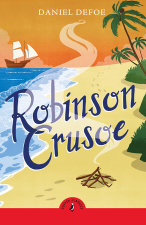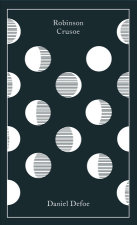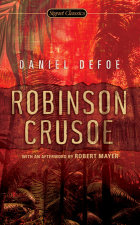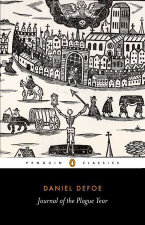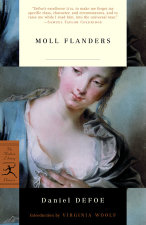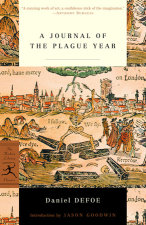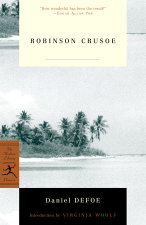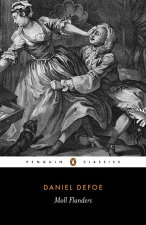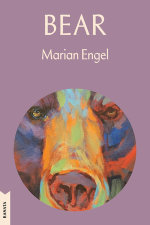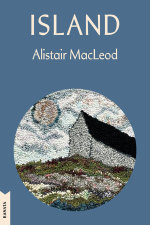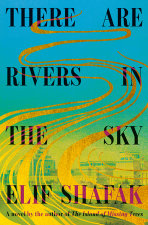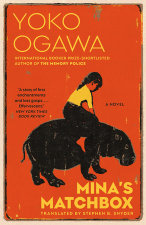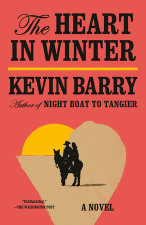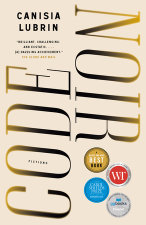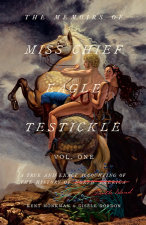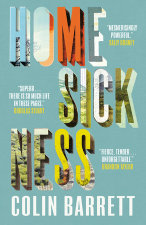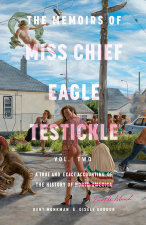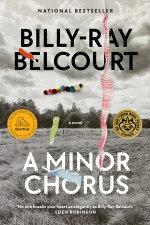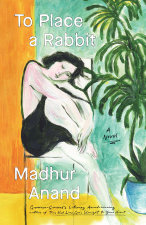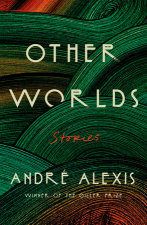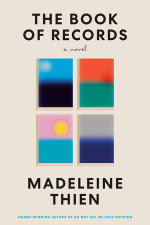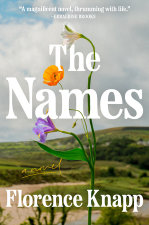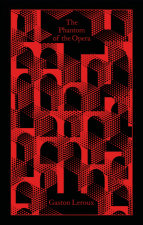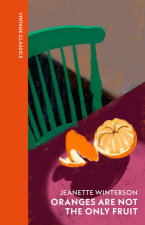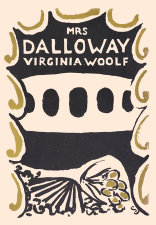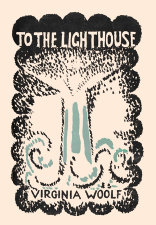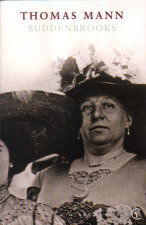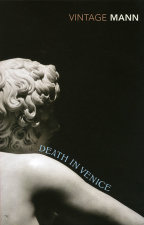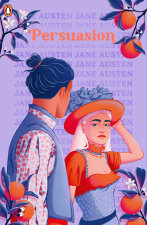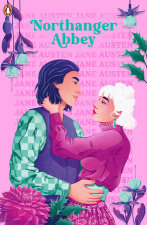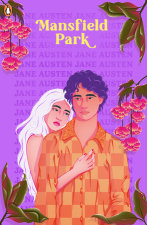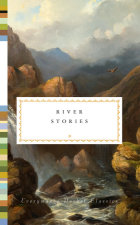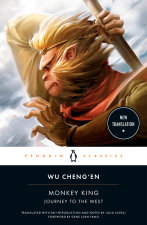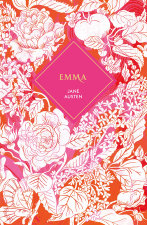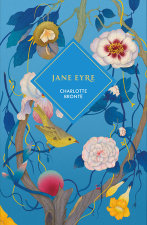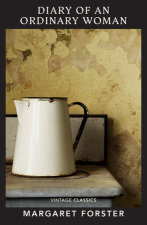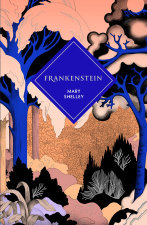Robinson Crusoe
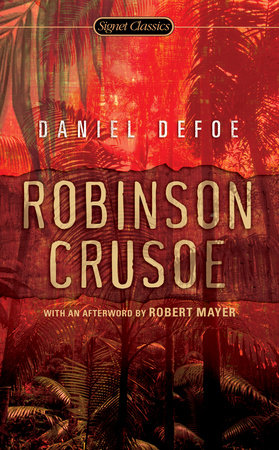
Daniel Defoe’s classic tale of a solitary castaway’s survival and triumph, widely considered to be the first English novel. “I, poor miserable Robinson Crusoe, being shipwrecked, came on shore on this dismal unfortunate island, all the rest of the ship’s company being drowned. In despair of any relief, I saw nothing but death before me…”
Thus Crusoe begins his journal in Daniel Defoe’s classic novel: the vividly realistic account of a solitary castaway’s triumph over nature—and over the fears, self-doubt and loneliness that are parts of human nature.
For almost three centuries, Robinson Crusoe has remained one of the best known and most read tales in modern literature, a popularity owing as much to the enduring freshness and immediacy…
$6.50
May 6, 2008Daniel Defoe was born Daniel Foe in London in 1660. It was perhaps inevitable that Defoe, an outspoken man, would become a political journalist. As a Puritan he believed God had given him a mission to print the truth, that is, to proselytize on religion and politics and, in fact, he became a prolific pamphleteer satirizing the hypocrisies of both Church and State. Defoe admired William III, and his poem The True-Born Englishman (1701) won him the king's friendship. But an ill-timed satire on High Church extremists, The Shortest Way with the Dissenters, published during Queen Anne's reign, resulted in his being pilloried and imprisoned for seditious libel in 1703. At 59 Defoe turned to fiction, completing The Life and Strange Surprising Adventures of Robinson…
